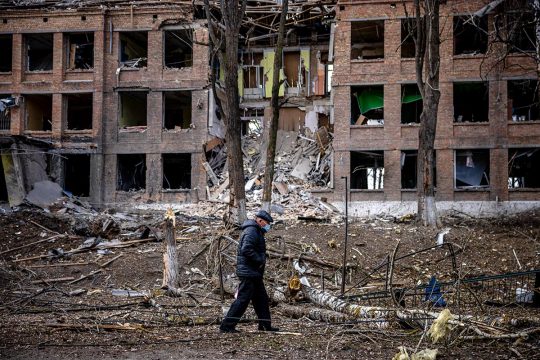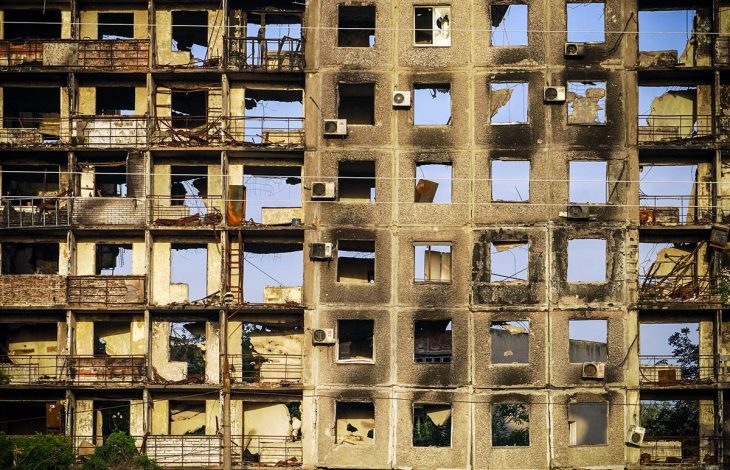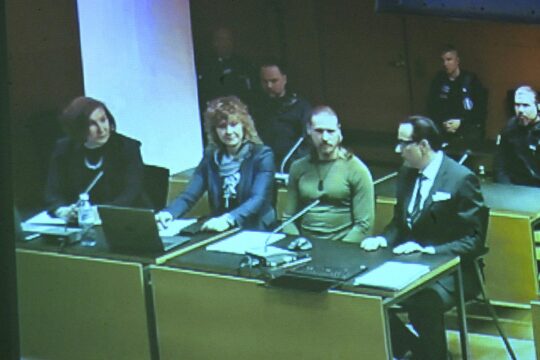You are free to republish this content online or in print, as long as you respect our
Creative Commons license.
Do not edit or adapt the content without the express agreement of the editors, make sure the author’s name (first name and family name) and JusticeInfo.net are mentioned clearly at the beginning of the article. Don’t forget to include a link to the article you are republishing (not just to the Justice Info homepage), saying explicitly that you are republishing this content.
Please note that image rights cannot be automatically included in our Creative Commons licence. Look at the credits below the images to check whether the content is one to which you hold the rights, or ask the editors about this.
Copy the HTML code below into your content management system (CMS). If necessary, contact your webmaster. Once selected, press "Ctrl-C" to copy the code.

 ASYMMETRICAL HAIRCUTS
ASYMMETRICAL HAIRCUTS





